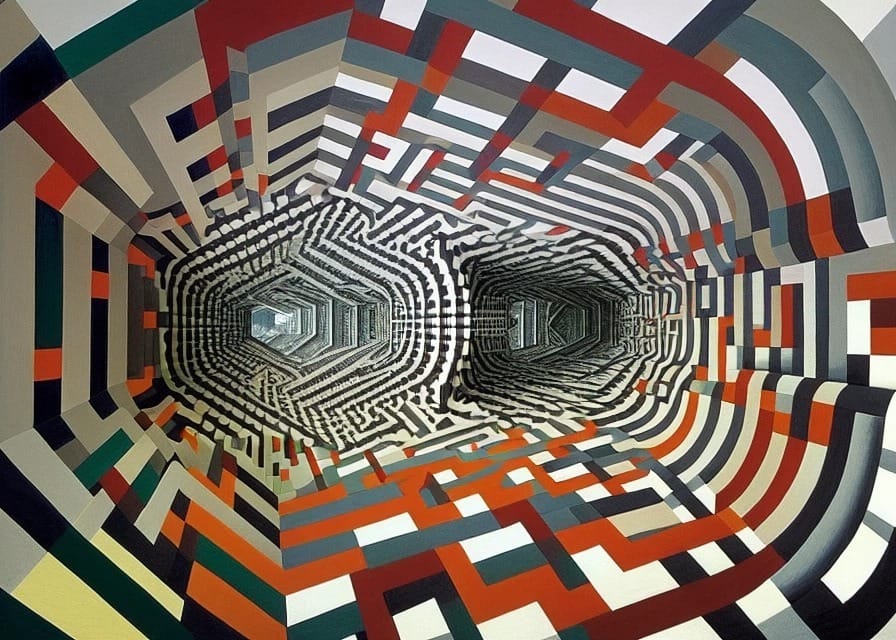- Paul Hugh's AI Newsletter
- Posts
- The Bureau: A Symphony of Shadows and Secrets
The Bureau: A Symphony of Shadows and Secrets
This French TV series, spanning four enthralling seasons, deftly explores the world of espionage

I wrote this review with the assistance of OpenAI’s GPT-4.
Listen to this article…
The Bureau (Le Bureau des Légendes) is a serpentine masterpiece, subtly weaving together the fragile threads of trust, deceit, and the human condition.
This French TV series, spanning four enthralling seasons, deftly explores the shadows that cloak the world of espionage and the fragile lives of those who inhabit it.
Its narrative tapestry reveals a complex portrait of French intelligence, as the characters navigate the labyrinthine world of espionage. Like the work of an intricate horologist, the series sets its gears in motion, inviting the audience to become fellow operatives in a world where every look, word, and silence is laden with meaning.
Creator Eric Rochant conducts this symphony of shadows and secrets with utmost finesse, eliciting stirring performances from a cast led by the inimitable Mathieu Kassovitz. Kassovitz's Guillaume Debailly, known as Malotru, is a master class in the portrayal of a man perpetually walking the tightrope between duplicity and vulnerability. Amidst the duality of his psyche, we witness an unrelenting battle of light and darkness.
As each episode unfolds, The Bureau deftly illuminates the geopolitical interplay of our age, delving into the ethical and moral quandaries that define it. The series grapples with the exigencies of loyalty, the cost of treachery, and the intricate dance between duty and desire. It is a veritable prism refracting the human experience through the lens of espionage.
The Bureau eschews the bombast and bravado of its American counterparts, opting for a more understated, yet no less captivating, exploration of the spy genre. It is in the fleeting, pregnant pauses that we find the crux of its poetry, a veritable pentimento of human emotion etched on the faces of its characters. The series is a chiaroscuro of whispers and silence, where subtext reigns supreme.
The unerring, restrained direction allows the narrative to unfold like a matryoshka doll, each layer peeling away to reveal the byzantine world of espionage with surgical precision. Like a game of chess played in the shadows, the players move their pieces, calculating risks and rewards with cold, mechanical precision, and yet, beneath the surface, a storm of passions rages.
The aesthetic of The Bureau is a masterstroke in minimalist elegance, each frame evoking the veiled whispers of a Vermeer or the conspiratorial shadows of a Caravaggio. The cinematography invites us to enter a world where appearances deceive and the truth is as elusive as the shadows themselves.
The Bureau is a cerebral symphony of intelligence and intrigue, with each episode a meticulously crafted fugue. Its brilliance lies not in pyrotechnics or wanton spectacle, but in the quiet, measured beats that punctuate the lives of its characters. It is a work of art that invites us to reconsider the boundaries of loyalty, the nature of truth, and the complexities of the human soul. In a world of simulacra and superficiality, The Bureau stands as a testament to the power of restraint and the beauty of the unspoken.

